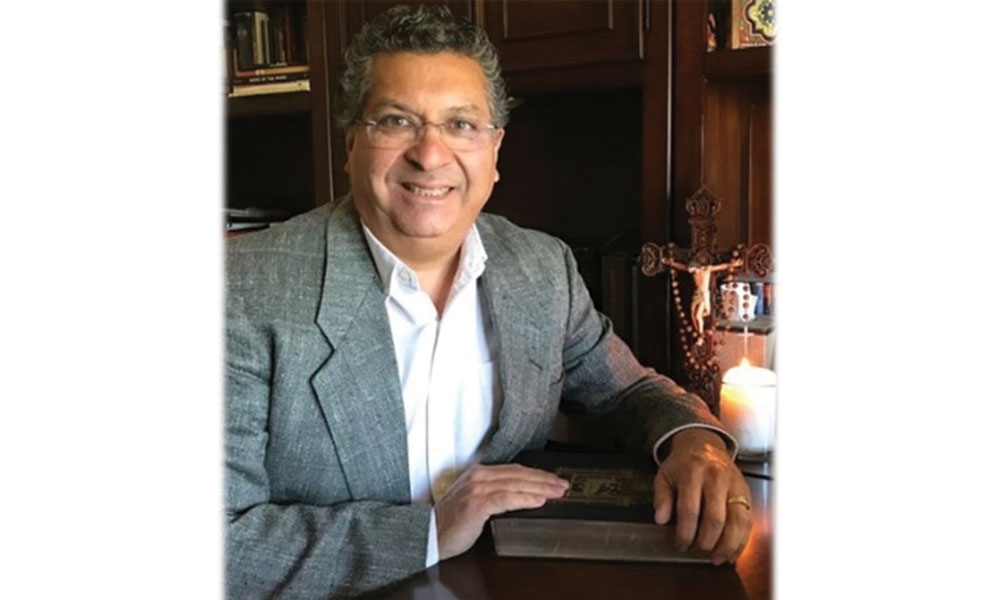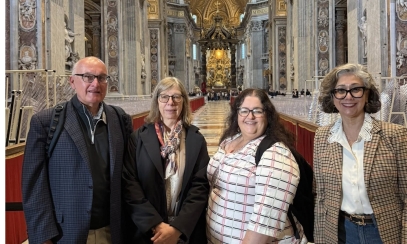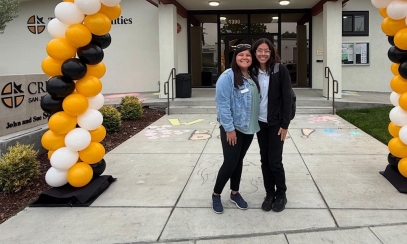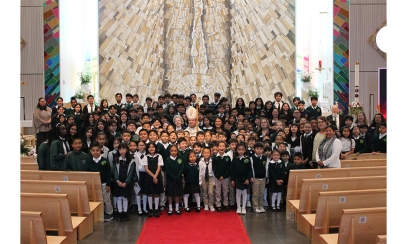
Finding Thanksgiving in Affliction
Trigger Warning: Death, Physical and Emotional Trauma, Grief, Loss
Trigger Warning: Death, Physical and Emotional Trauma, Grief, Loss
During my thirty-five years as a pediatric trauma nurse and serving as a faith community nurse, many of my healthcare colleagues and I have been graced with the privilege to treat, comfort, and suffer along with many during times of very challenging illness and injury. We also face many circumstances full of tragedy and affliction.
During my thirty-five years as a pediatric trauma nurse and serving as a faith community nurse, many of my healthcare colleagues and I have been graced with the privilege to treat, comfort, and suffer along with many during times of very challenging illness and injury. We also face many circumstances full of tragedy and affliction.
A faith community nurse is someone trained to work with churches, religious groups, and faith-based affiliated programs. We incorporate intentional care of the spirit in our positions, which can be either paid or volunteer as unpaid professionals who must keep our nurse licenses up to date to minister.
During the holy days grouped towards the end of each year, I find ample opportunity to reflect on how to find thanksgiving even though my position presents me with difficult healthcare-related experiences in the lives of patients whom I serve.
To Treat
To “treat” someone means to care for another physically, emotionally, and spiritually. Within the context of healing the human body, modern medicine often neglects the spiritual aspect. We are spiritual beings having a human experience, so interacting with the spirit, the soul, is crucial in maintaining a balance of genuine wholistic care (wholistic as opposed to holistic). By doing so, we can find wellness while living with a serious illness or recovering from a serious injury.
"Uniting my personal suffering together with others has enabled me to devote myself more deeply to those who shoulder emotional, psychological, or physical pain."
And sometimes miracles do occur! For example, when I managed a pediatric trauma center, I recall one circumstance in which a child suffered a life-threatening brain injury. I visited him in the pediatric intensive care unit (PICU) and prayed with his mom and aunt at his bedside. The next morning, a CT scan of his brain showed none of the original bleed. I still recall the physician looking at the image and saying, “I can’t find it; it was there yesterday.” We took this as a miraculous healing.
To Comfort and to Suffer With
Once, a young boy of 12 years was admitted after a horrific motor vehicle crash. While completing my charting, during a neurological assessment, I asked him, “What is the last thing you remember before losing consciousness?” He replied, “My mom screaming.” His mom had died in the crash, and at that point, I set aside the chart and just sat in silent prayer, holding his hand. Another time, I had to advise a grandmother that her infant grandchild had died. She held onto me and wept heavily as I handed her the body of the little one that I wrapped in a warm blanket. I, too, wept with her but was later comforted by my faith and the compassion of our Lord because, like us, “…Jesus wept” (Jn 11:35 NABRE).
Like so many others, I, too, have struggled to understand suffering’s place in our relationship with God. In learning about redemptive suffering over the years, I have realized that through grace, pain can be transformed into something deeply meaningful and instructive. It can draw us closer to our Lord, who suffered immensely, and create a transcendent compassion and a desire to comfort others.
Thanksgiving in Affliction
I am grateful for the grace of compassion or the ability to suffer with another. I suffer from depression. Uniting my personal suffering together with others has enabled me to devote myself more deeply to those who shoulder emotional, psychological, or physical pain. In aligning my cross with the Lord’s, I can provide more loving care for others.
Suffering provides a perspective that our life is not about us. It can forge us into better people, but only if we view the situation through the lens of God’s love. Those who get it tend to appreciate the now. My Catholic colleagues in healthcare, the many who suffer, and I can testify to truly finding gratitude and thanksgiving in the face of any hardship and affliction. We continue to discover every day that in difficult human experiences lies the invitation to fall more deeply in love with God and find genuine compassion and love for others.
Carlos Flores RN is a master catechist who was commissioned for lay ecclesial ministry leadership in 2014 by the Roman Catholic Diocese of Fresno. He has over 40 years of Catholic ministry experience in a variety of local ministries and media work which have reached over 100,000 persons. After retirement, he and his wife Sally moved to Flint, Texas where he is now working as a faith community nurse. They are parishioners of St. Mary Magdalene Parish.




